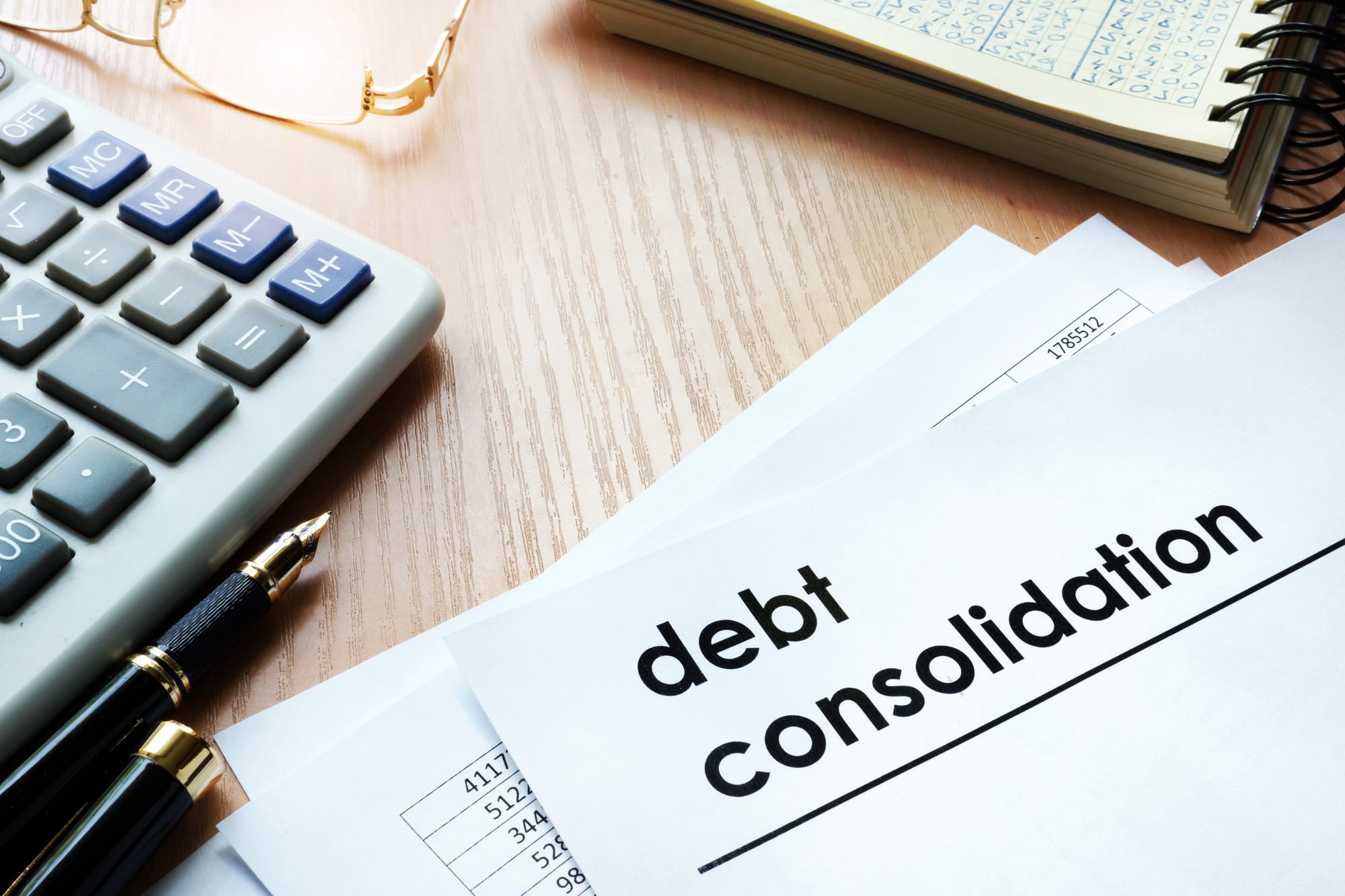Did you know that 70% of small businesses have outstanding debt? Finding yourself surrounded by upcoming payment deadlines on multiple loans can be overwhelming.
Consolidating your business loans seems like the obvious fix, but it’s hard to know where to start. Keep reading to learn seven of the most important tips when it comes to consolidating your business debt.
1. Know Your Credit Score
Typically, the better your credit score, the better the loan. Bank loans, which offer low-interest rates and longer repayment plans, are usually the best loans available. But you’ll need a credit score of at least 700 to be considered.
Other loans, like an SBA 7 (a) or online installment loan, might be better if your personal or business credit score isn’t where you want it to be.
2. Get Organized
Crack open your file folder before you start applying for a loan. Usually, you’ll need your tax records from the past two years as well as bank statements, a business plan, and both your personal and business credit reports.
Not having these on hand when you sit down to apply for a loan will just slow down the process.
3. Check Your Records
What’s your credit score like? No, not that one, the other one.
Knowing both your personal and business credit score is essential to making sure that you’re getting the best possible rate for your consolidation loan.
Consider meeting with a financial planner prior to applying to make sure that a debt consolidation loan is right for you.
4. Ensure a Steady Revenue
A new loan is pointless if you can’t make payments on it, and most lenders are wary of businesses that report an inconsistent revenue stream.
Ensuring that you have steady revenue, even if it isn’t as high as you would like, is vital to making sure that you’re an ideal candidate when you apply for your loan.
5. Be Aware of Prepayment Penalties
Some loans have penalties for paying them off early. Sit down and really comb through the fine print of the loans you already have to make sure you aren’t going to get dinged for paying off your single loan with your new debt consolidation loan.
6. Consider Secured Debt Consolidation
The idea of putting forth some kind of major asset to back up a loan can seem scary. Especially because, with a secured loan, a lender can seize it as collateral if the borrower fails to pay their loan back.
The loans, however, are extremely attractive to lenders because they’re typically lower risk. As a result, secured debt consolidation loans usually come with lower interest rates and terms that are much more forgiving.
7. Check (and Double Check) the Rates
It seems like a simple thing, but really making sure that you have a clear understanding of the rates on your loan applications when you’re applying will keep you from a nasty surprise down the line.
Different companies offer different rates, and it’s worth comparing them all to make sure that you’re getting the best deal. Checking debt consolidation reviews BBB before settling on a loan can help you find your best option.
Understand Your Debt Consolidation Options
No one wants to be in debt, but consolidating several loans is one of the easiest ways to make getting out of debt much more manageable. With this guide, you’ll be more prepared to start the journey of consolidating your loans.







